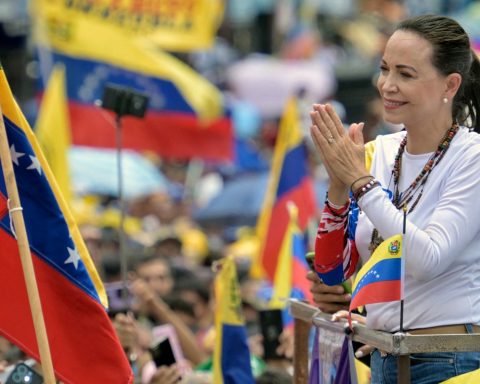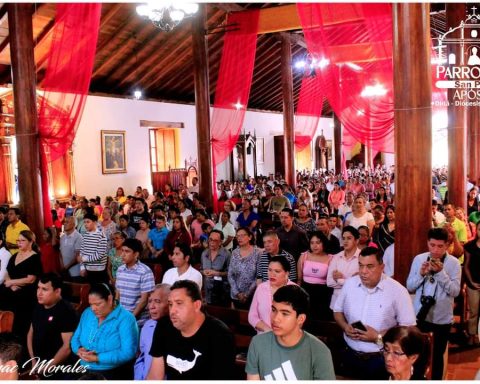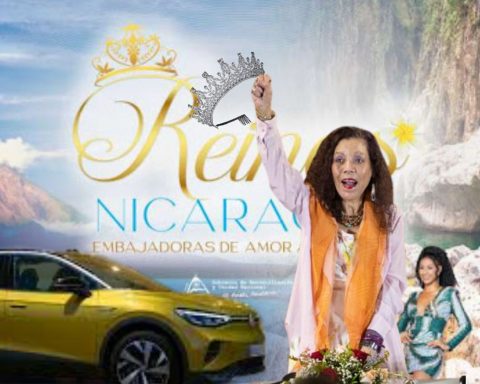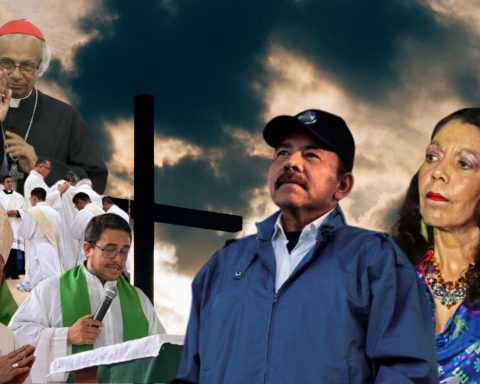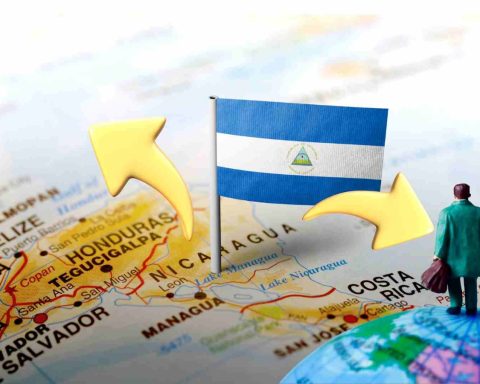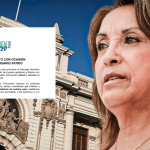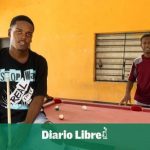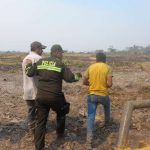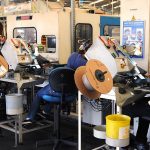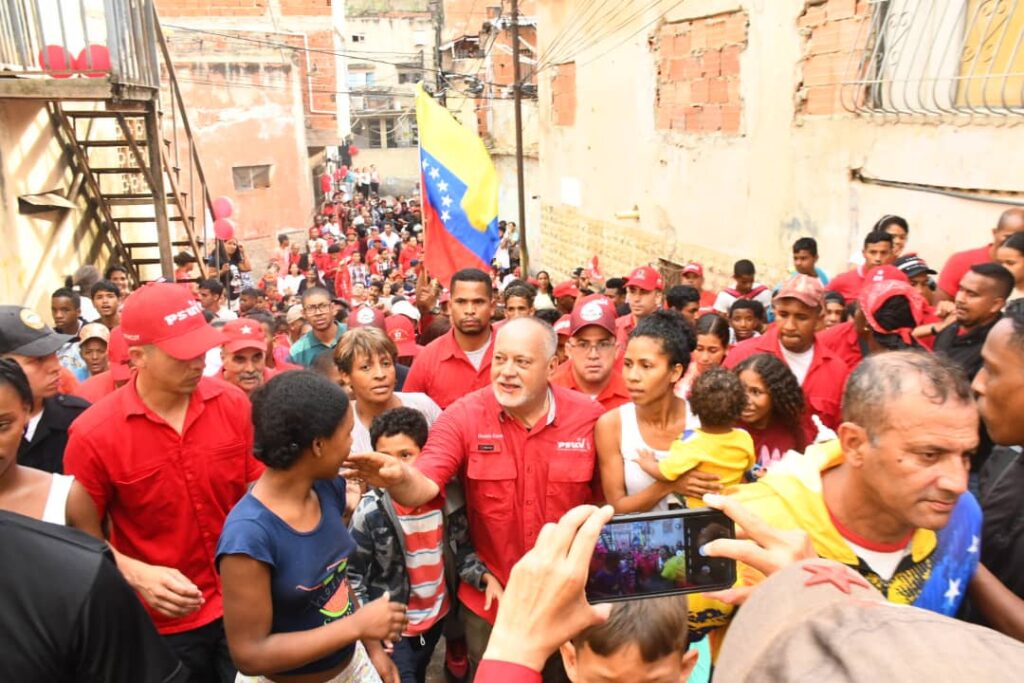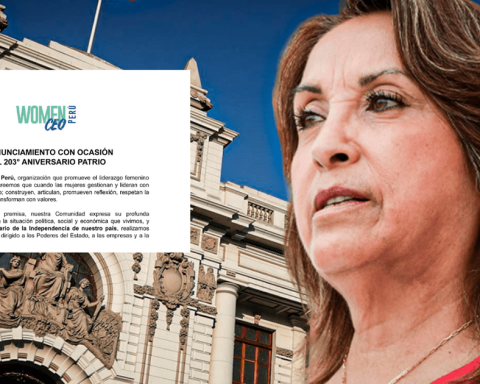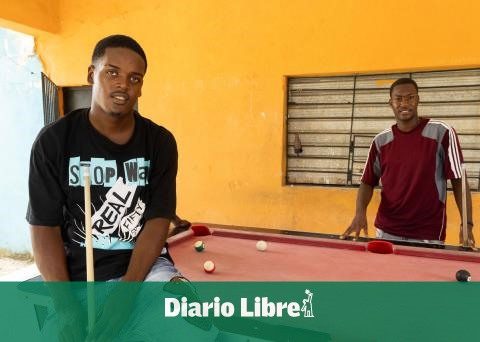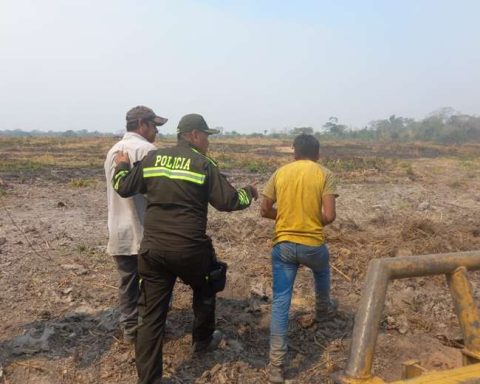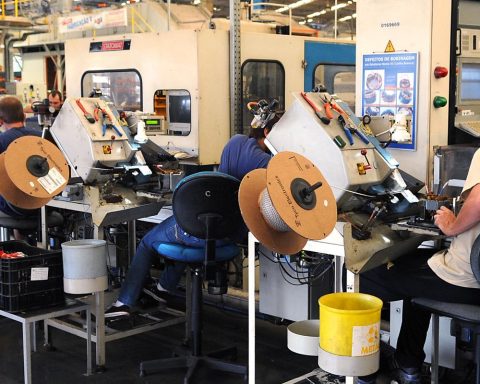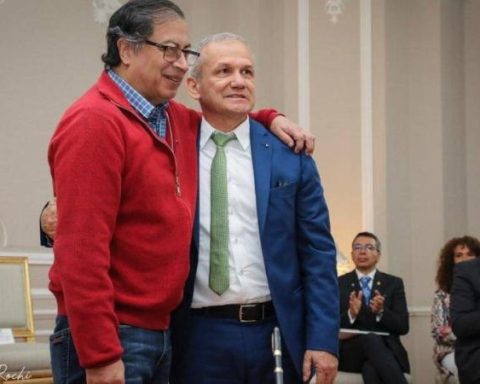This July, when the 44th anniversary of the triumph of the sandinista revolution In Nicaragua, which deposed dictator Anastasio Somoza, the approval rating of the Sandinista Liberation Front (FSLN) party, led by President Daniel Ortega, has fallen to one of its lowest approval ratings in its history.
Thousands of Ortega supporters gathered in Managua early Wednesday morning for a vigil to celebrate the anniversary of the Sandinista revolution.
But according to the most recent Cid Gallup poll in Nicaragua, only 13% of the citizenry identifies with the FSLN, a clear wear and tear compared to the 52% support it had in 2013.
The survey showed that support for President Daniel Ortega is 29%. In 2015, support for Ortega was 74%, according to the same pollster, one of the few of its kind and which was sponsored by the magazine Confidential, of the journalist Carlos Fernando Chamorro.
The survey assessed the first six months of the year in Nicaragua, which were charged with controversy over the exile of more than 222 political prisoners to the United States, the cancellation of the nationality of the opponents and the arrest of religious, among other actions.
Some of those exiled were leaders who previously supported the Sandinista revolution but later turned against Ortega, some after the 2018 anti-government protests, which were violently repressed, leaving more than 300 dead.
Former guerrilla Dora María Téllez, once an ally of the president and who has been separated since the 1990s, said that the “repression” from the 2018 protests They have unleashed strong social discontent.
“Ortega is completely isolated,” Téllez, now a strong critic of Ortega, told the Voice of America.
Téllez was part of the more than 200 political prisoners exiled to the US at the beginning of the year.
Téllez said that the latest actions taken by the Ortega government against its critics, such as the censorship of the media, the persecution of opponents, including through social networks, as well as against the Catholic Church and civil society organizations are something “totally nameless.”
The Ortega government has detained priests and is keeping the Bishop Rolando Alvarez since August 2022, whom he accuses of wanting to destabilize his government.
It has also closed some 3,000 NGOs accused of alleged financial irregularities, although the entities accuse the government of unleashing persecution against civil society.
Nicaraguan academic and sociologist Douglas Castro said that the decline experienced by the ruling party in recent years was caused from 2014 to 2018 by “the decline in the regime’s economic performance, particularly its social programs,” which depended to a large extent on Venezuelan cooperation.
Since Ortega took office in 2007, he has received financial resources from his Venezuelan ally, the late President Hugo Chavez.
“When this collaboration collapsedor, social projects also suffered a blow,” Castro explained.
The second phase of the decline, Castro said, was in 2018 after “the intense repression” of anti-government protests.
“From that moment on, many sympathizers of the regime moved away,” Castro said. “The constant since that year has been the drop in support,” he added.
Ortega, who has been in power for more than 15 years, alleges that during the 2018 protests they tried to give him a coup against his government.
His wife, First Lady Rosario Murillo, is the country’s vice president, and their children hold state positions.
For some followers of the Sandinista movement, it has been difficult to reconcile their “historical roots in the fight against the Somocista dynasty” with their support “for a dynastic project,” Castro added.
The Somozas ruled Nicaragua from 1937 to 1979.
Nicaraguan ex-guerrilla and historian Mónica Baltodano Cantarero, a critic of Ortega, said that the president is “the gravedigger of the revolution” and believes that his image is detrimental.
“There is nothing left of those transformations (of the revolution). It is the gravedigger of the revolution and of the Sandinista Front. By using Sandinism, the symbols, the images of Sandino, what it is generating is a brutal rejection of the Nicaraguan population against all of this,” said Baltodano.
“It seems to me that he is one of the most monstrous dictators,” he said.
Costa Rican academic Carlos Sandoval believes that the decline in support for the FSLN and Daniel Ortega is a political opportunity, but regretted that, according to the same Cid Gallup poll, 75% of citizens do not sympathize with any political party.
The Nicaraguan government did not immediately respond to a request for comment from the voice of america for this report.

